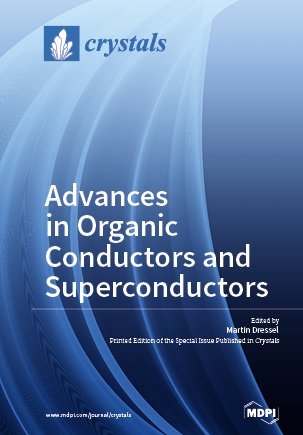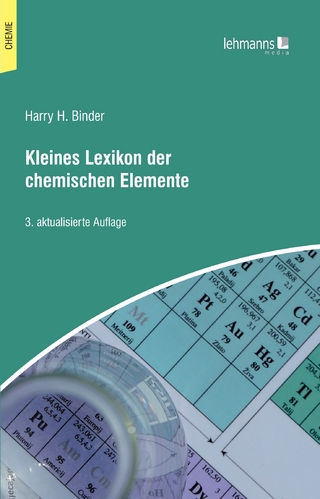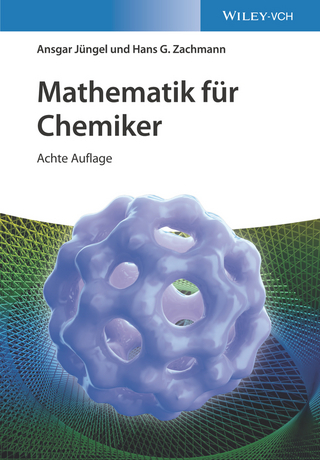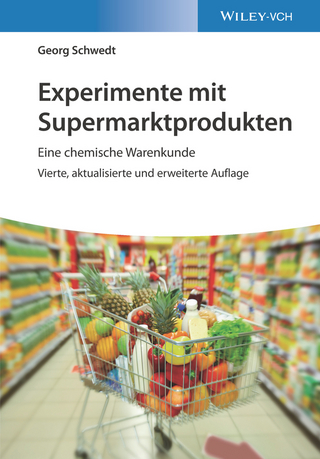
Advances in Organic Conductors and Superconductors
Seiten
2018
MDPI (Verlag)
978-3-03897-180-1 (ISBN)
MDPI (Verlag)
978-3-03897-180-1 (ISBN)
- Keine Verlagsinformationen verfügbar
- Artikel merken
ca. 200 words; this text will present the book in all promotional forms (e.g. flyers). Please describe the book in straightforward and consumer-friendly terms.
Crystalline conductors and superconductors based on organic molecules are a rapidly progressing field of solid-state science, comprising chemists, and experimental and theoretical physicists from all around the world. In focus are solids with electronic properties governed by delocalized π-electrons. Although carbon-based materials of various shades have gained enormous interest in recent years, charge transfer salts are still paradigmatic in this field. Progress in molecular design is achieved via tiny but ingenious modifications, as well as by fundamentally different approaches. The wealth of exciting physical phenomena is unprecedented and could not have been imagined when the field took off almost half a century ago. Organic low-dimensional conductors are prime examples of Luttinger liquids, exhibit a tendency toward Fermi surface instabilities, but can also be tuned across a dimension¬a¬lity-driven phase diagram like no other system. Superconductivity comes at the border to ordered phases in the spin and charge sectors, and, at high fields, the Fulde–Ferrell–Larkin–Ovchinnikov (FFLO) state is well established. The interplay between charge and magnetic order is still under debate, but electronic ferroelectricity is well established. After decades of intense search, the spin liquid state was first discovered in organic conductors when the amount of geometrical frustration and electronic correlations is just right. They drive the metal and superconductor into an insulating Mott state, solely via electron–electron interactions. However, what do we know about the effect of disorder? Can we tune the electronic properties by pressure, by light, or by field? Research is still addressing basic questions, but devices are not out of reach. These are currently open questions, as well as hot and timely topics. The present Special Issue on “Advances in Organic Conductors and Superconductors” provides a status report summarizing the progress achieved in the last five years.
Crystalline conductors and superconductors based on organic molecules are a rapidly progressing field of solid-state science, comprising chemists, and experimental and theoretical physicists from all around the world. In focus are solids with electronic properties governed by delocalized π-electrons. Although carbon-based materials of various shades have gained enormous interest in recent years, charge transfer salts are still paradigmatic in this field. Progress in molecular design is achieved via tiny but ingenious modifications, as well as by fundamentally different approaches. The wealth of exciting physical phenomena is unprecedented and could not have been imagined when the field took off almost half a century ago. Organic low-dimensional conductors are prime examples of Luttinger liquids, exhibit a tendency toward Fermi surface instabilities, but can also be tuned across a dimension¬a¬lity-driven phase diagram like no other system. Superconductivity comes at the border to ordered phases in the spin and charge sectors, and, at high fields, the Fulde–Ferrell–Larkin–Ovchinnikov (FFLO) state is well established. The interplay between charge and magnetic order is still under debate, but electronic ferroelectricity is well established. After decades of intense search, the spin liquid state was first discovered in organic conductors when the amount of geometrical frustration and electronic correlations is just right. They drive the metal and superconductor into an insulating Mott state, solely via electron–electron interactions. However, what do we know about the effect of disorder? Can we tune the electronic properties by pressure, by light, or by field? Research is still addressing basic questions, but devices are not out of reach. These are currently open questions, as well as hot and timely topics. The present Special Issue on “Advances in Organic Conductors and Superconductors” provides a status report summarizing the progress achieved in the last five years.
Universität Stuttgart, 1. Physikalisches Institut, Stuttgart, Germany
| Erscheinungsdatum | 27.09.2018 |
|---|---|
| Mitarbeit |
Gast Herausgeber: Martin Dressel |
| Verlagsort | Basel |
| Sprache | englisch |
| Maße | 170 x 244 mm |
| Themenwelt | Naturwissenschaften ► Chemie ► Allgemeines / Lexika |
| Technik ► Maschinenbau | |
| Schlagworte | disorder • Low-dimensional conductors • Molecular conductors • Mott insulator • quantum spin liquids • unconventional superconductor |
| ISBN-10 | 3-03897-180-4 / 3038971804 |
| ISBN-13 | 978-3-03897-180-1 / 9783038971801 |
| Zustand | Neuware |
| Informationen gemäß Produktsicherheitsverordnung (GPSR) | |
| Haben Sie eine Frage zum Produkt? |
Mehr entdecken
aus dem Bereich
aus dem Bereich
Eine chemische Warenkunde
Buch | Softcover (2022)
Wiley-VCH (Verlag)
29,90 €


